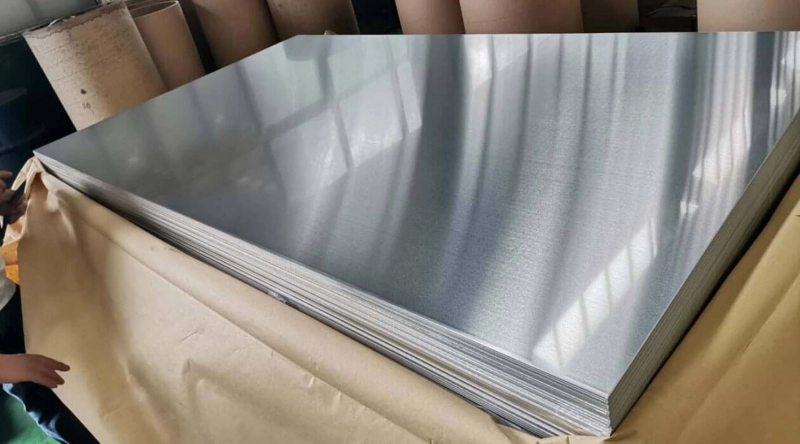Everything About Aluminum Alloy Sheets
Aluminum alloy sheets are thin pieces of metal made from a combination of aluminum and elements such as copper, magnesium, silicon, or zinc. These alloys ...


Aluminum alloy sheets are thin pieces of metal made from a combination of aluminum and elements such as copper, magnesium, silicon, or zinc. These alloys ...

